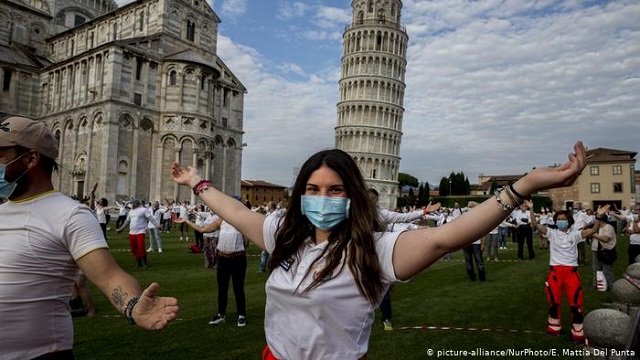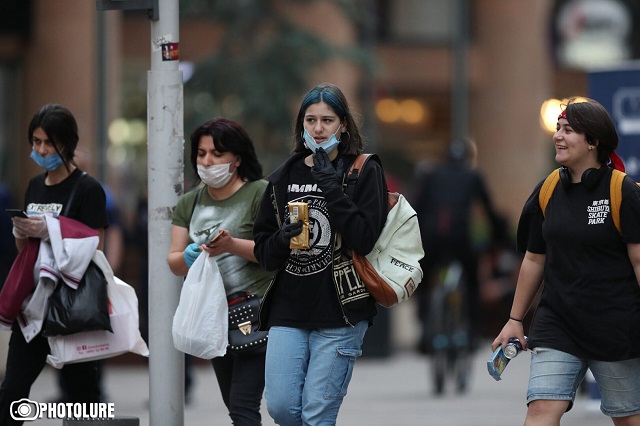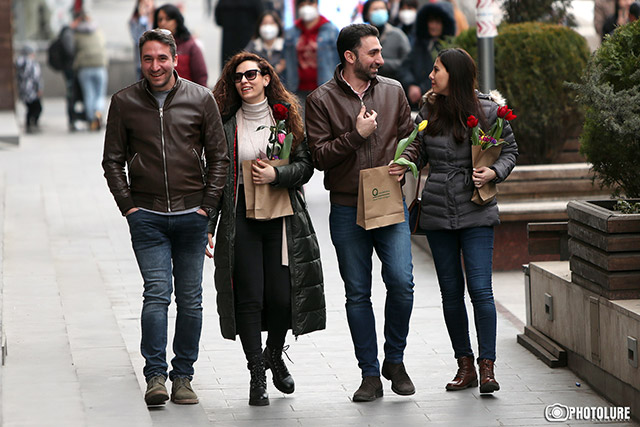On June 11, the Commission recommends to Schengen Member States and Schengen Associated States to lift internal border controls by 15 June 2020 and to prolong the temporary restriction on non-essential travel into the EU until 30 June 2020; and sets out an approach to progressively lifting the restriction afterwards.
Given that the health situation in certain third countries remains critical, the Commission does not propose a general lifting of the travel restriction at this stage. The restriction should be lifted for countries selected together by Member States, based on a set of principles and objective criteria including the health situation, the ability to apply containment measures during travel, and reciprocity considerations, taking into account data from relevant sources such as ECDC and WHO.
For countries towards which the restriction remains in place, the Commission proposes to enlarge the categories of permitted travellers to include, for instance, international students. The Commission is also issuing guidance to Member States to ensure that the resumption of visa operations abroad is well coordinated with the gradual lifting of the travel restrictions.
Commissioner for Home Affairs, Ylva Johansson,said: “Following the lifting of all internal border checks inside the Union, we are proposing a clear and flexible approach towards removing restrictions on travel to the EU starting on 1 July. International travel is key for tourism and business, and for family and friends reconnecting. While we will all have to remain careful, the time has come to make concrete preparations for lifting restrictions with countries whose health situation is similar to the EU’s and for resuming visa operations.”
Read also
Gradually removing restrictions on travel to the EU
Actions at the EU’s external borders must be coordinated and uniform to be effective. As travellers entering the EU can move freely from one country to another, it is crucial that Member States coordinate their decisions on lifting travel restrictions. This is why Member States should agree on a common list of non-EU countries for which travel restrictions can be lifted as of 1 July, to be reviewed on a regular basis. To this end, the Commission proposes:
- Objective criteria: The decision to lift restrictions for a specific country should be based on the epidemiological situation and coronavirus response in that country, the ability to apply containment measures during travel, and whether or not that country has lifted travel restrictions towards the EU. Restrictions should be lifted first with countries whose epidemiological situation is similar to the EU average and where sufficient capabilities to deal with the virus are in place. Restrictions should remain in place for countries whose situation is worse than in the EU. The Commission proposes a detailed checklist to help Member States reach a common assessment. Decisions on lifting travel restrictions would concern non-EU nationals residing in a specific country (not its nationals).
- Common and coordinated approach: The Commission proposes a coordination mechanism whereby it would support Member States and Schengen Associated States at technical level and facilitate the preparation of a list of countries for which travel restrictions could be lifted. Decisions on lifting restrictions should then be prepared with Member States under the EU’s integrated political crisis response mechanism. Member States should adopt such decisions in a coordinated manner and ensure uniform application across the EU. This will be a dynamic process and the integrated political crisis response mechanism would need to coordinate further updates.
- Flexibility: It will be possible to reintroduce travel restrictions for a specific country if the criteria are no longer met. In addition, Member States can still refuse entry to a non-EU traveller presenting a threat to public health, even coming from a country for which restrictions were lifted.
In line with the proposed checklist, the Commission also recommends to lift travel restrictions for Albania, Bosnia and Herzegovina, Kosovo, Montenegro, North Macedonia and Serbia as of 1 July, given that their epidemiological situation is similar or better than that of the EU. This also follows on the Commission’s readiness to closely associate the Western Balkans region with the implementation of the roadmap towards lifting containment measures.
Where the travel restrictions continue to apply, Member States should ensure that those travelling to study are exempted, together with highly skilled non-EU workers if their employment is necessary from an economic perspective and the work cannot be postponed or performed abroad. EU citizens and citizens of Schengen Associated States and non-EU nationals legally residing in the EU, as well as their family members, should also be exempt from the travel restriction regardless of whether or not they are returning home, as was the case until now.
In the roadmap on lifting containment measures presented on 15 April, the Commission indicated that travel restrictions within the EU would need to start being lifted gradually before restrictions at the external borders can be relaxed in a second stage. This is now well under way, with several Member States having already lifted restrictions within the EU and others planning to do so as of 15 June 2020. The Commission strongly encourages the remaining Member States to finalise the process of removing restrictions to free movement and lifting internal border controls within the EU by 15 June 2020.
Resuming visa operations
Most Member States decided to suspend or reduce the processing of visa applications as part of pandemic-related measures. Travellers will need to be able to access visa services again and Member States should synchronise the resumption of visa operations with the lifting of travel restrictions. This is why today the Commission presents guidance for a phased and coordinated return of visa operations to normal.
A harmonised approach is best achieved through consulates simultaneously resuming operations in each location and through full implementation of EU visa rules, together with good communication towards the public. The guidance also covers hygiene measures and precautions for receiving visa applicants.
Finally, if a Member State requires health checks, these should take place at the time of travel or shortly before, rather than when applying for a visa; and should apply to all travellers from a given location irrespective of their nationality or visa status.
Background
The Commission invited Heads of State or Government on 16 March 2020 to introduce a temporary restriction on non-essential travel to the EU for an initial period of 30 days, subsequently extending it twiceuntil 15 June.
The travel restriction, as well as today’s invitation to prolong it until 30 June, applies to all Schengen Member States (including Bulgaria, Croatia, Cyprus, and Romania) and the 4 Schengen Associated States (Iceland, Liechtenstein, Norway, and Switzerland) – 30 countries in total. All these countries implement it through national law.
Nationals of 105 countries are required to obtain a visa before travelling to the EU. Visa applications can usually be submitted at Member States’ consulates in almost all non-EU countries around the world. The EU’s visa policy for short stays is applied fully by 26 Schengen Member States and, in normal times, results in 15 million visas being issued each year.
For More Information
Communication on the third assessment of the application of the temporary restriction on non-essential travel to the EU, 11 June 2020
Checklist to be used for the possible lifting of the temporary restriction on non-essential travel to the EU, 11 June 2020
Guidance for a phased and coordinated resumption of visa operations, 11 June 2020
Press release – Coronavirus: Commission invites Member States to extend restriction on non-essential travel to the EU until 15 June, 8 May 2020
Press release – Coronavirus: Commission invites Member States to prolong restriction on non-essential travel to the EU until 15 May, 8 April 2020
Press release – Coronavirus: Commission presents practical guidance on implementing the temporary restriction on non-essential travel to the EU, 30 March 2020
Communication on the temporary restriction on non-essential travel to the EU, 16 March 2020
European Union


























































